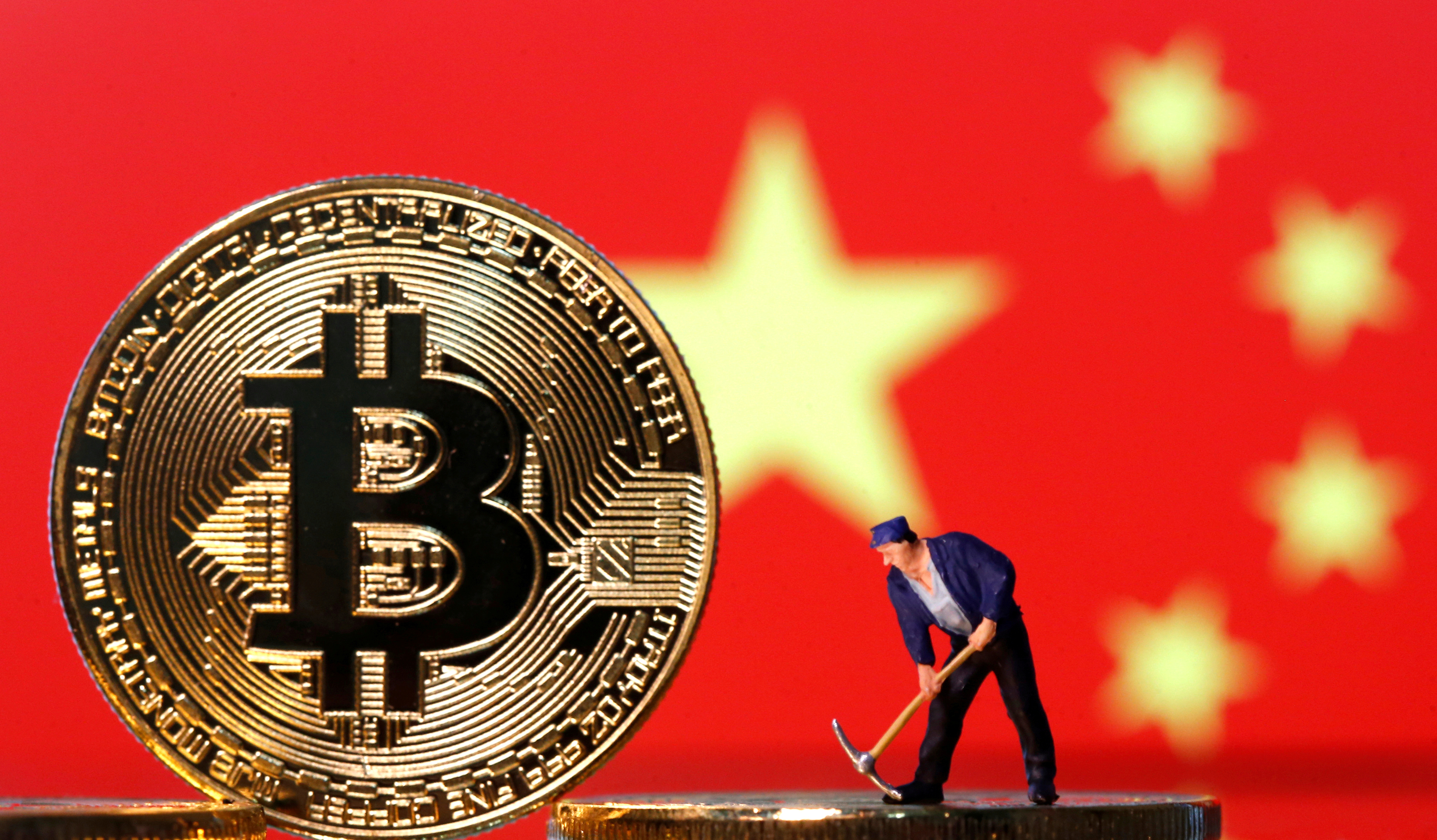China is strengthening its grip, restricting any involvement in crypto

China’s internet censorship continues to expand its weapons to crypto media establishments, mining pools, and exchanges. This is part of an effort to reduce the exposure of the Chinese people to the cryptocurrency ecosystem.
Chinese style crypto censorship
Chainnews, one of China’s largest crypto media companies founded in 2017, is currently closing all content production and distribution channels. Meanwhile, China’s Internet Service Providers are gradually taking further steps to prevent domestic miners’ IP addresses from connecting to large mining pools.
The move is a sign that China is not loosening its hold on the crypto industry, even if its toughest crackdown efforts since the summer have dampened retail interest and forced companies and many executives to disconnect from the mainland market or go overseas.
At the beginning of this month, the mobile apps and website domains of at least three major Chinese crypto media Chainnews, ODaily and BlockBeats were barely accessible at the same time Bitcoin magazine reported. Since then, they have turned to the official Telegram channels to keep users updated and switched to new web domains.
However, it appears that the editor-in-chief of Chainnews has changed his mind and announced that the platform will be closed completely and has offered his sincere thanks to everyone who has stayed with it over the years. Other news outlets like ODaily and BlockBeats are still working on the new web domains, but their mobile apps are not working. This has limited the reach of readers on that front.
This comes a few months after popular market price information websites like CoinMarketCap, CoinGecko and TradingView were blocked by China’s “Great Firewall”.
According to a recent document produced by China Telecom, China’s leading Internet service provider has developed a solution to discover domestic miner IPs associated with the URLs of mining pools. Accordingly, it can interrupt internet service for certain IPs or manually blacklist the urls that mining pools use to connect to individual devices.
The domains of almost all of the 10 largest mining pools by hashrate are almost inaccessible from Chinese IPs. Among them, F2Pool, ViaBTC, BinancePool, and BTC.com have seen real-time hash rates for Bitcoin or Ethereum drop by around 10% in the past 24 hours.
DiDi Global has been ordered to delist from the New York Stock Exchange
China’s regulatory stance is becoming increasingly strict. Especially since the Chinese government has announced a five-year plan to outline stricter regulations.
In a recent development, Chinese regulators interviewed Didi Global Inc’s executives. plans delisting on the New York Stock Exchange.
According to Bloomberg, this decision was mainly due to concerns about the loss of sensitive data. Proposals under consideration include direct privatization or transfer of shares in Hong Kong, followed by delisting from the United States.
This will have a huge impact. If it continues like this, it will have at least an IPO of $ 14. Offers below the June IPO price could lead to lawsuits or shareholder opposition.
“If the Hong Kong listing is secondary, the IPO is likely to be discounted to its US share price of $ 8.11 at the close of trading on Wednesday.”
Needless to say, any difficulty resulting from this decision creates the possibility of a price drop. Be it Bitcoin or, in this case, Didi. SoftBank Group Corp, Didi’s largest minority shareholder, fell more than 5% in Tokyo. Either way, either option would be TrungQuocs, which is its largest US IPO since Alibaba Group Holding Ltd. deal a heavy blow. in 2014.
Beijing’s action against Didi is felt by many to be particularly bitter. In December last year, Didi allowed its customers to pay Didi Bike in digital yuan. The news comes after a strategic partnership with the People’s Bank of China’s Digital Research Institute.
Despite such arguments, the Cyberspace Administration of China sees Didi’s IPO decision as a challenge for the central government.
Join Bitcoin Magazine Telegram to keep track of news and comment on this article: https://t.me/coincunews
Follow the Youtube Channel | Subscribe to telegram channel | Follow the Facebook page




















